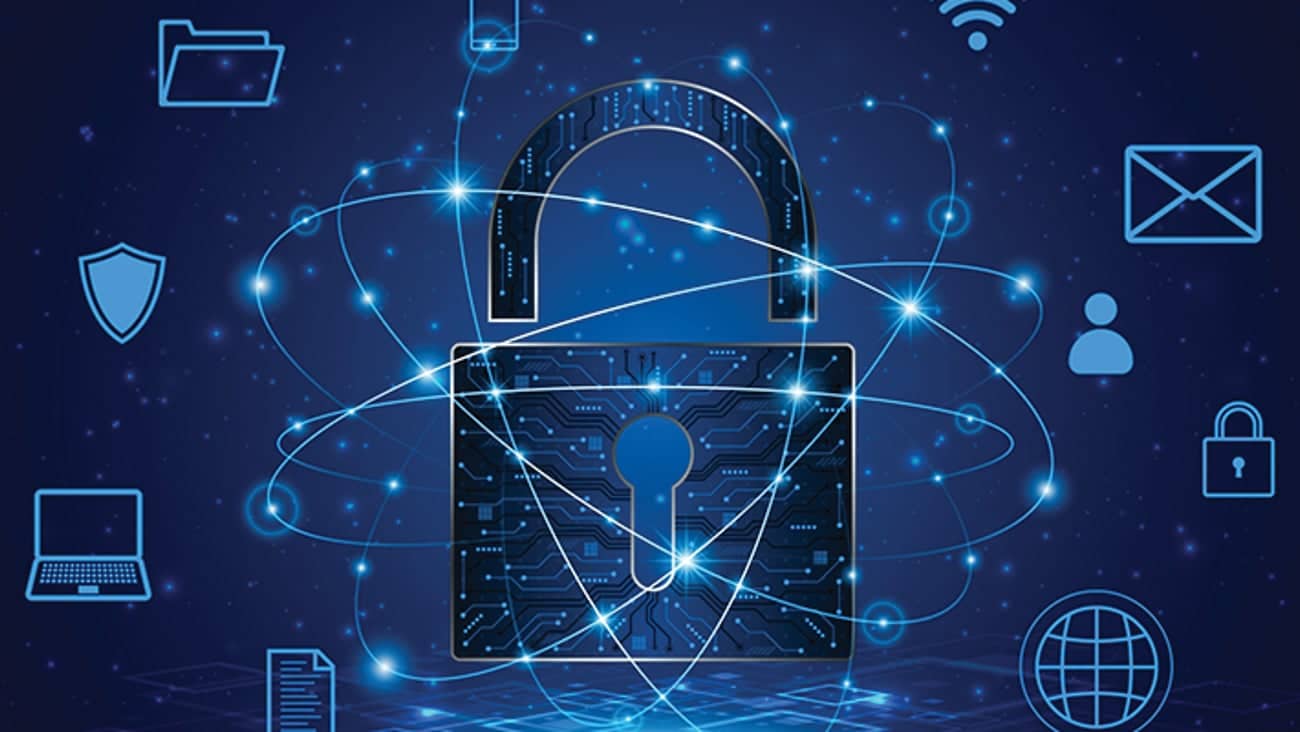Cybersecurity in the Hospitality Industry: Protecting Guest Trust in the Digital Age
16 May
The hospitality industry—restaurants, hotels, resorts—has always been about service, comfort, and creating memorable experiences. But in an era where nearly every transaction is digital and customer data is more valuable than ever, a new kind of service has become essential: cybersecurity.
The Hidden Risk in Hospitality
From online bookings and digital payment systems to mobile apps and smart hotel rooms, technology has transformed the hospitality industry. With this transformation comes a heightened risk of cyberattacks.
Restaurants and hotels are especially attractive targets for cybercriminals because they process high volumes of personal and financial information. Credit card data, passport scans, home addresses, and even travel itineraries are stored in property management systems (PMS), point-of-sale (POS) systems, and third-party vendor platforms—making them a goldmine for attackers.
Common Threats Facing Restaurants and Hotels
-
Point-of-Sale (POS) Attacks
POS systems are a frequent target in restaurants. Malware can be installed to skim credit card data during transactions—an issue seen in major breaches like the one at a national hotel chain in recent years. -
Phishing and Social Engineering
Staff members at the front desk or in customer service roles often receive emails with urgent-sounding requests. Without proper training, they may click malicious links or share credentials unknowingly. -
Ransomware Attacks
Hotels, in particular, are vulnerable to ransomware. Cybercriminals may encrypt booking systems or lock out staff from digital key systems, crippling operations until a ransom is paid. -
Third-Party Vendor Risks
Hospitality businesses often work with many outside vendors—reservation platforms, food delivery services, payment processors. Each partnership is a potential entry point for hackers if proper security protocols aren’t enforced. -
Guest Wi-Fi Exploits
Offering free Wi-Fi is expected in hospitality, but unsecured networks are a playground for hackers who can intercept data or spread malware to guests’ devices.
Why Cybersecurity Should Be a Top Priority
A single data breach can have severe consequences—not just financially, but in terms of brand reputation and legal compliance. Customers expect their information to be safe. A breach erodes trust, and in hospitality, trust is everything.
Moreover, compliance with regulations like the General Data Protection Regulation (GDPR), Payment Card Industry Data Security Standard (PCI DSS), and other data privacy laws is not optional. Violations can result in substantial fines and operational shutdowns.
Best Practices for Securing Hospitality Businesses
-
Employee Training
The human factor is often the weakest link. Regular training helps staff recognize phishing attempts and understand how to handle sensitive data properly. -
Network Segmentation
Separate POS, administrative, and guest Wi-Fi networks. This limits the damage in case one system is compromised. -
Regular Software Updates and Patching
Unpatched systems are easy targets. Ensure all digital platforms, from reservation systems to back-office software, are updated regularly. -
Two-Factor Authentication (2FA)
Use 2FA for all employee logins, especially for systems with access to customer data. -
Cybersecurity Audits and Penetration Testing
Hire professionals to simulate attacks and identify vulnerabilities before cybercriminals do. -
Vendor Management Policies
Ensure third-party vendors meet your security standards. Include cybersecurity requirements in contracts and perform regular audits.
Final Thoughts
The hospitality industry must evolve not just in service, but in digital responsibility. A great stay or dining experience starts with the guest feeling safe—not just physically, but digitally. Investing in cybersecurity is not just a protective measure—it’s a commitment to your guests’ trust and your brand’s future.
